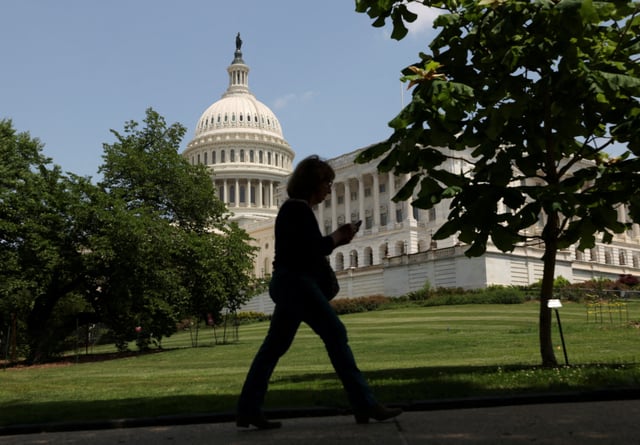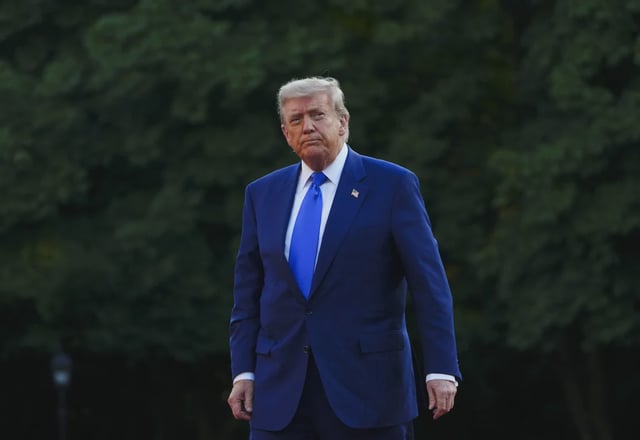Overview
- Section 899 would empower the Treasury Department to classify countries imposing digital service or minimum corporate taxes as discriminatory and levy a progressive tax of up to 20% on U.S. income earned by their investors.
- Top Republicans have indicated the provision could be dropped if the European Union and other nations agree to suspend digital service taxes and the Pillar Two global minimum tax before the Senate vote.
- Critics warn that the Joint Committee on Taxation’s estimate of a $52 billion decline in foreign direct investment over a decade highlights risks to onshoring and domestic manufacturing.
- The measure is designed to pressure trading partners into revising tax policies as part of President Trump’s broader effort to reset U.S. trade and tax relationships.
- Senate leaders aim to vote on the reconciliation bill this week, and if Section 899 survives legislative changes it would take effect in 2027.

